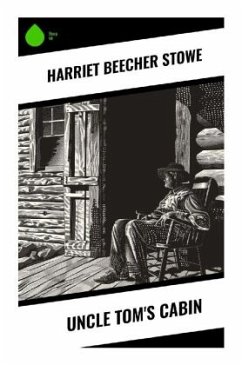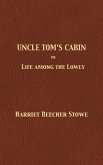Harriet Beecher Stowe's landmark novel, "Uncle Tom's Cabin," serves as a poignant exploration of the moral complexities surrounding slavery in 19th-century America. Written in a melodramatic style that employs vivid imagery and deeply emotional narratives, Stowe crafts a compelling story that humanizes the plight of enslaved individuals. Set against the backdrop of the pre-Civil War era, the narrative follows the lives of several characters, particularly the titular Uncle Tom, as it critiques the institution of slavery and calls for empathy and moral responsibility. Stowe's work not only reflects the abolitionist sentiment of her time but also has been recognized for its significant impact on public opinion regarding slavery, making it a pivotal text in American literature and social reform. Harriet Beecher Stowe, born to a prominent abolitionist family, was profoundly influenced by her upbringing in a socially conscious environment. Her personal experiences, including her interactions with fugitive slaves and her observations of the injustices they faced, inspired her to pen this groundbreaking novel. Stowe's activism and commitment to social justice are evident throughout the narrative, making her not only a novelist but also a crucial figure in the moral discussions surrounding slavery and human rights. I highly recommend "Uncle Tom's Cabin" to readers seeking a transformative literary experience that transcends its historical context. This novel remains a vital examination of humanity's capacity for both compassion and cruelty, urging readers to reflect on their own moral convictions. A must-read for those interested in American literature, history, and social justice, Stowe's work is as relevant today as it was upon publication.
Bitte wählen Sie Ihr Anliegen aus.
Rechnungen
Retourenschein anfordern
Bestellstatus
Storno








